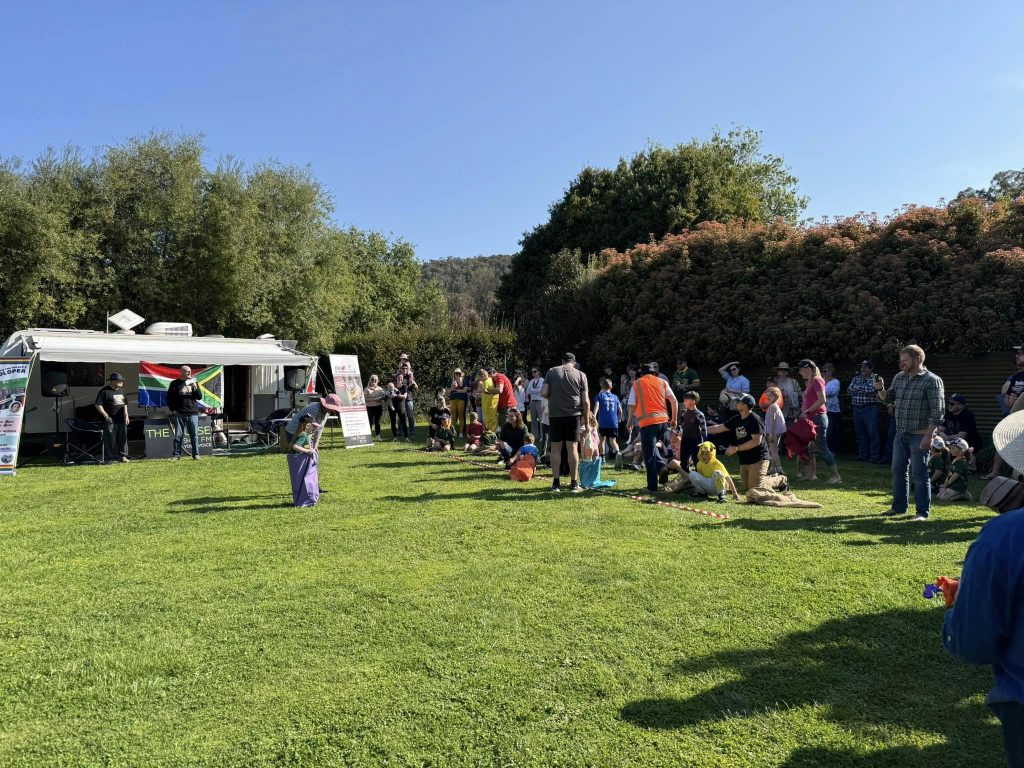By Hendrika Jooste
Heraclitus, the Greek philosopher, said, “One constant since the beginning of time might be change; however, the fear of change is also a constant.” Since ancient times, humans have liked routine. All of us travel or move at some point in our lives. Whether you are a tourist, frequent business traveller, expat or immigrant, chances are that you will experience culture shock to some extent during your travels or journey and loneliness or anxiety is an inevitable consequence.
Until 1960, culture shock was synonymous with a consistently negative experience, like an illness or disease. The Canadian anthropologist Kalervo Oberg, who popularised the term, described it as the “anxiety that results from losing all of your familiar signs and symbols of social intercourse”.
Why do some people seem to cruise through the five stages of culture shock while it is a daily slog for others? Through all our international travels and relocations, I discovered six crucial tips for a successful transition and adjustment to any new environment. My husband and I have recently moved from Melbourne to rural Victoria in Australia. It doesn’t have the same impact as immigration, but even on this micro-scale, we still use the same tips to adjust to our new environment.
Give yourself time
Adjusting to a new environment takes time, so be patient with yourself. You may experience culture shock or homesickness but remember that these are normal and will likely subside with time. Allow yourself to adjust gradually to the new environment. Do not feel discouraged if you are uncomfortable in your new surroundings. Remember, you lost all familiar cues you learnt from birth and your social support network.
Our example
Our new living arrangements are not optimal. We live off the grid in a caravan while renovating the shed as temporary accommodation before we can start building our house. We have faced freezing wet weather, minimal solar power and getting used to a much smaller space. We keep reminding ourselves that it will improve and work around nature’s ups and downs. It is a marathon, not a race.
Learn about the local culture
Educate yourself about the local customs, traditions, and social norms. You will understand and respect the local people and culture and avoid unnecessary misunderstandings. You can take classes or workshops, read books, or use online resources to prepare yourself and your family. Do not assume anything about your new environment and or country. If you are moving to a country where they speak a language other than English, it is highly recommended to attend a few language classes before you go.
Our example
Rural Victoria is very different from the metropolis of Melbourne. Rural folks differ in speaking, interacting, and having social conventions. We talked to locals at the pub, shops, and pharmacy and even had the opportunity to discuss some local (rural) issues with our Member of Parliament.
Explore the area and get involved
Get out and about to know your new surroundings. Go for walks, visit local landmarks, and try new restaurants. On your explorations, you will meet new people, and it will assist with feelings of familiarity. Walking into your newly found favourite restaurant or coffee shop where the owner, barista or waiter greets you by your name is very comforting. Remember the theme song of the sitcom, Cheers:
“Sometimes you wanna go
where everybody knows your name,
and they’re always glad you came.
You wanna be where you can see (ah-ah),
our troubles are all the same (ah-ah).
You wanna be where everybody knows your name.”
One way to familiarise yourself with a new environment is to get involved in the community. Join local clubs, attend community events, take a class or volunteer. It will assist in meeting new people and learning about the culture, making you feel more connected to your new home.
Volunteering, for example, has so many benefits. Our local OpShop (charity shop) welcomes new volunteers. You are making new friends, and with your job search in a new country, you are gaining country-based work experience and getting local references for your next job application.
Stay in touch with loved ones
Connecting with family and friends from home can provide comfort and support during the transition. Use video chat, social media, or e-mail to keep in touch regularly. By exploring your new environment and getting involved in the community, you will have lots to share with family and friends from home, and you will entice them to visit you sooner rather than later.
Our example
We are still travelling to Melbourne once a week to catch up with friends and family. Every second weekend we entertain visitors from Melbourne to show them what we are doing and to allow them to enjoy our little piece of heaven.
Take care of yourself and your family
Make sure to prioritise self-care. Take care of yourself physically, emotionally, and spiritually. Get enough sleep. I can’t reiterate this enough. By eating well and doing exercise, you will help your body’s immune system.
It is well-known that people get sick shortly after arriving in a new country. The stress of emigrating and the excitement, farewell parties, and accompanying emotional toll before your departure will significantly affect your immune system. After your arrival, new types of pollen, air pollution and different food sources may harm your health.
Money may be tight after arrival, but remember to do activities the whole family like and can enjoy. Search on the internet for free events and activities. It does not have to cost a fortune. Take excellent care of yourself and your family.
Our example
Our move to a rural area has been positive due to healthier eating habits, earlier bedtimes, and more physical activities. However, living closer to nature resulted in more severe pollen allergies, which meant more doctor and pharmacy visits. Your physical and mental health brings me to the last crucial tip.
Seek professional help if it’s needed
Adjusting to a new environment can be challenging, and asking for help is okay! If you are struggling with feelings of depression, anxiety or other mental health issues, consider seeking professional help. Many communities offer support groups, counselling services or other resources for newcomers. Don’t be afraid to reach out for assistance if you need it.
There is no shame in visiting a health professional to discuss insomnia, anxiety and depression. You are a human being who is not perfect, and you embarked on one of the most disruptive and drastic events in your life. Give yourself a break and get the professional help you need to get through the first stages of culture shock. It is only temporary.
Follow these six tips, and you will succeed in adjusting to any new environment. The beauty of the tips is that they apply to any new situation, whether it is a new country, a new workplace, a new school, reinventing yourself or, like us, moving to a rural area. Enjoy the journey and adjust successfully.
Share on
Latest articles




















